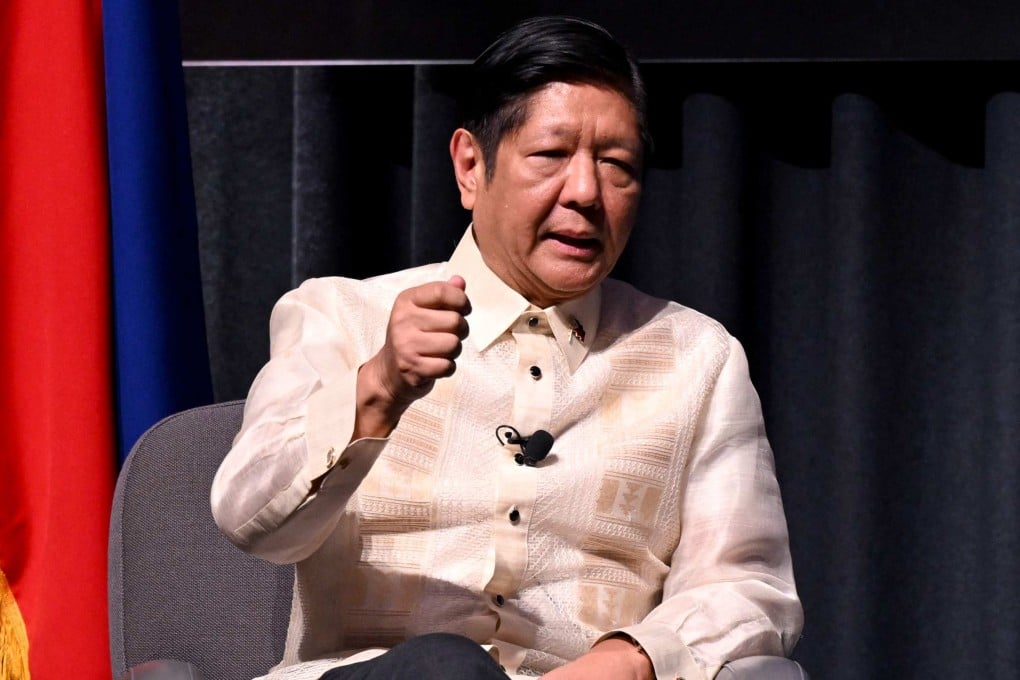Philippines is on the front line of South China Sea tensions, but ‘WWII-style war’ with China unlikely
- President Marcos Jnr recently described his country as a frontline state, in remarks that recalled the Philippines’ dark chapter of being colonised by Japan
- While Manila faces growing tensions with Beijing in the South China Sea, observers say the prospect of an invasion by China is highly unlikely and ‘counterproductive’

Philippine leader Ferdinand Marcos Jnr’s recent comments in Australia on his country being at the “front line” of regional tensions have cast the spotlight on one of Manila’s darkest moments in history 82 years ago.
In Canberra for the Asean-Australia summit last week, Marcos Jnr told the Australian parliament: “As in 1942, the Philippines now finds itself on the front line against actions that undermine regional peace, erode regional stability and threaten regional success.”
He was referring to the time in World War II when Filipinos and Americans stood against the onslaught of Japan, which subsequently conquered the Philippines and then brutally ruled and exploited the archipelago for three years. More than a million Filipinos died, and the country was devastated.
Today, against the backdrop of Filipino reservists being deployed in northern Philippine islands less than 200km from Taiwan, and the United States military’s involvement in developing a port in that region, the Philippine leader’s remarks are seen to carry an eerie historical context.
Manila is currently mired in a maritime dispute with Beijing that has slowly been escalating in intensity, with China’s forces becoming increasingly forceful in asserting its claims. Chinese ships have all but blockaded a Philippine detachment in an outpost in the Second Thomas Shoal, most recently firing jets of water that smashed the windscreen of a Filipino civilian resupply vessel.
To help deal with the dispute, the Philippines has drawn closer to a host of countries, signing agreements with countries including Britain, Canada, India and Japan. But most of the support comes from the US, a treaty ally.
